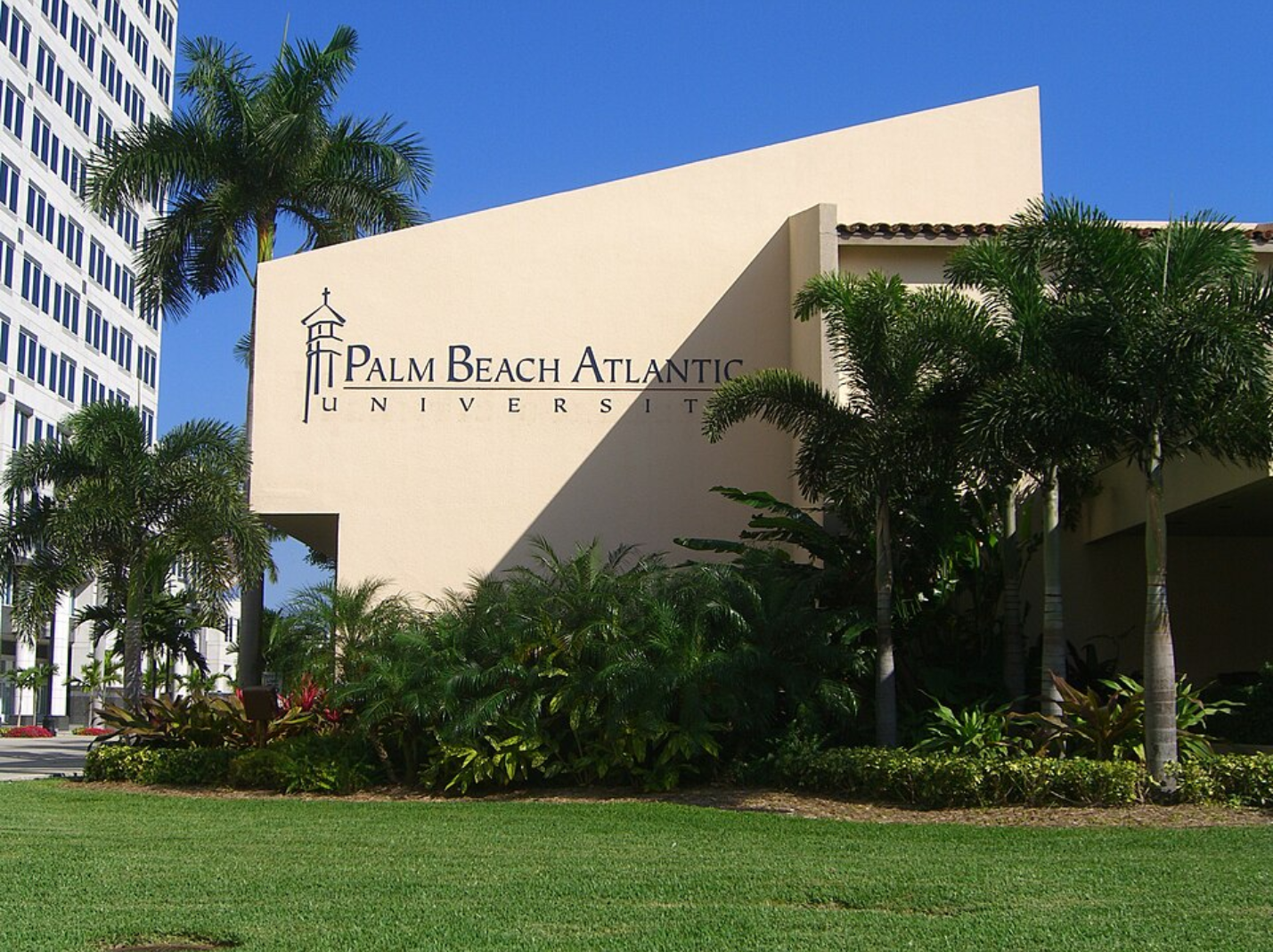
In the 21st century, what is the first thing that comes to mind when one thinks of the collegiate path to monetary success? STEM perhaps. Law. Maybe business. A young college student announcing one of these career paths at Thanksgiving dinner is bound to receive approving nods and complimentary remarks.
But what about fields such as philosophy, English, or history—those often grouped under the umbrella of liberal arts?
Anyone who has majored in one of these areas has most likely heard a variation of this comment at least once: “Oh, you’re majoring in liberal arts? So, what are you going to do with that? You know there’s no money in that, right?”
Managing editor of Minding the Campus (MTC), Jared Gould, recently released an article entitled “Ask Them About Their iPhone,” in which he explored the modern push from conservative educational policymakers to place greater value on professional majors, effectively phasing out the importance of the liberal arts altogether.
As someone with a STEM background, you might assume I also prioritize “marketable skills” when it comes to higher education. But this is far from the truth.
My scientific background was not shaped at an R1 research school. Rather, I obtained my bachelor’s degree and am now pursuing my master’s at Palm Beach Atlantic University, a small Christian liberal arts university in West Palm Beach, Florida. Their undergraduate general education program of 43 credit hours, entitled “Faith, Roots, and Reason,” upholds the following mission:
By initiating students into the liberal arts and sciences, the Faith, Roots, and Reason program promotes the Guiding Principles of the university and provides a shared intellectual and spiritual frame of reference that unites the campus. By fostering the love of learning, creative expression, critical inquiry, and vibrant faith, the Faith, Roots, and Reason program plays a vital role in the formation of virtuous citizens.
The program maintains its classical education ethos by not only providing a cohesive liberal arts general education program marked by the development of three key pillars for citizenship—professional community, civic community, and faith community—but also infusing liberal arts into the professional majors, fostering critical thinking through the integration of philosophy and ethics.
[RELATED: WATCH: Credentialism’s Toll on American Prosperity]
This liberal arts integration is even more pronounced in their Frederick M. Supper Honors Program, a unique program defined not by advanced professional coursework but rather profound classical integration through the reading of formidable primary texts such as Shakespeare, Plato, Aristotle, etc., as evidenced in their mission statement:
The Honors Program focuses on the primary sources of the Enduring Conversation—the books, the speeches, the films, the works of music, art, and architecture, that record the history of ideas. This conversation addresses timeless questions and issues that continue to shape our worldviews. The Honors Program brings students into the Enduring Conversation so they can discover its wisdom, equipping them to become better scholars, better leaders, better participants in the marketplace, better citizens, and, most important, better Christians.
For humanities majors, this coursework becomes a natural extension of their career pursuits; however, what is vastly more intriguing is the unspoken influence of this liberal arts foundation on individuals who pursue the “more valuable” professional careers, such as STEM. In the midst of the push to convert universities into technical training factories, I would like to provide some examples of the STEM student perspective on graduating from a traditional liberal arts university, demonstrating the often-overlooked positive influence of the humanities.
Chase Kibben, Palm Beach Atlantic University 2023 Outstanding Graduate of the School of Liberal Arts and Sciences
Chase Kibben graduated from Palm Beach Atlantic University with dual majors in Mathematics and History and as a student of the Frederick M. Supper Honors Program. He is currently pursuing a second bachelor’s degree in Electrical Engineering with an expected graduation date in May of 2026. He was named the Outstanding Graduate of the School of Liberal Arts and Sciences for his dual success in mathematics and history, as well as his participation in the honors program, graduating with an impressive 4.0 GPA.
He states that his liberal arts background, gained through both his history degree and participation in the honors program, has had a significant influence on his professional and personal life. Currently, as an electrical engineering intern, he commented on how his foundation in history and honors equipped him with formidable communication skills through critical reading and analytical writing. His background enables him to write coherent and succinct emails at work, as well as verbally articulate his thoughts both in person and over the phone. These skills are so pronounced that his boss has commented that he is one of the best email writers at the company.
On a more personal note, he says that his history and honors courses were marked by continuous queries and reasoning spanning a wide range of different topics, including, most notably, ethics and the significance of each action and choice we make. As an example, he commented on reading Machiavelli’s The Prince and exploring the idea of whether “the most expedient thing is always the right thing to do.” Classroom discussion resulted in the consensus that “the most expedient thing” is indeed not always appropriate—or moral—a foundational principle he has carried with him into daily life.
Rebecca Nacy, Palm Beach Atlantic University 2025 Outstanding Graduate of the Frederick M. Supper Honors Program and Outstanding Graduate of the Department of Biology
Rebecca Nacy graduated from Palm Beach Atlantic University with a major in Biology: Concentration Zoology, a minor in Psychology, and as a student of the Frederick M. Supper Honors Program. She was named both the 2025 Outstanding Graduate of the Frederick M. Supper Honors Program and the Outstanding Graduate of the Department of Biology for her excellent achievement not only in her educational pursuits but also as an advocate for the ideals of the honors program.
Despite her deep love for STEM, she noted that her participation in the honors program felt like the most significant part of her education. While she has heard and engaged with the argument for a utilitarian focus in higher education, based on her own experiences, she maintains a view that to integrate liberal arts is to obtain a true education—instruction where one becomes more than simply a laborer machine but rather a good citizen of the communities to which they contribute.
With a background of reading 86 different primary literature sources on topics related to history, English, philosophy, and politics, she notes that incorporating a classical education elevates one’s education by shifting the focus from “what you do to how you do it.” In her case, she states that this involves becoming “a good scientist who cares about community,” and not just a scientist whose sole focus is paper pushing or seeking accolades. Analysis of the work of classical science-based thinkers, such as Descartes and Bacon, in comparison with modern thinkers whose primary focus is on limitless progress and success, has allowed her to recognize the philosophical underpinnings of the scientific field and understand the true purpose of scientific pursuit.
She also shared a more personal story about the benefits of her liberal arts background in equipping her to engage with the world. As a research intern in the 2024 Philippines International Research Experience for Students (Ph-IRES) project, she had the opportunity to conduct research for six weeks in the Philippines under the guidance of Filipino mentors. She expressed to me how prior in-class discussions on world decolonization enabled her to have in-depth conversations with Filipinos and approach their situation of navigating decolonization with empathy and understanding, fostering a more personal and real-world connection.
[RELATED: America’s Obsession with Diplomas Is Killing Opportunity]
Hannah Hutchins, Palm Beach Atlantic University 2024 Outstanding Graduate of the School of Liberal Arts and Sciences
I graduated from Palm Beach Atlantic University with an undergraduate degree in Behavioral Neuroscience and am currently pursuing a master’s degree in Health Science with a concentration in Biomedical Science. I was blessed to be named the Outstanding Graduate of the School of Liberal Arts and Sciences upon graduating with my undergraduate degree in 2024. Although I chose not to participate in the Frederick M. Supper Honors program and did not have any additional majors in the humanities, I, too, have experienced the influence of my liberal arts education on my growth as a science student.
As a participant in the Faith, Roots, and Reason program, the courses that have been particularly formidable for me include English Composition II, Humanities III, and Christian Values and Biblical Faith. It was through my English Composition II class that I solidified my love for writing, which led me not only to scientific writing and publication of my first academic research article but also to my current job here at MTC as an editor and contributor. Humanities III, taught by a professor with a background in creative writing, encouraged me to publish my first sci-fi flash fiction works and integrate my love for science with the artistry of writing. And it was Christian Values and Biblical Faith that I took my senior year that pushed me to examine not only the foundation of my Christian faith but also explore ethics and one’s broader purpose as a citizen and contributor to the community.
As a whole, I believe my engagement in the Faith, Roots, and Reason curriculum instilled in me the value of interdisciplinary study and the building of cross-disciplinary skills. Without the classical foundation of my undergraduate education, I would not have had the opportunity to deeply explore the value of creative pursuits, such as creative writing. I would not have actively pursued continuing my studies into my interdisciplinary master’s degree simply for the sake of broadening my intellectual horizons. And I most likely would not be sitting here writing for MTC.
The value of classical education is more profound than it appears at face value. No, it may not provide the monetary value that pursuing some of the more skills-based degree programs might offer; however, a foundation in the humanities is critical for active engagement not only in the workforce but also in the broader community. While encouraging students to major in STEM, business, and medicine is essential, we should also nurture those who are pursuing majors and degrees in the liberal arts. After all, if there is no one to teach the liberal arts, how are we to learn?
See more by Hannah Hutchins on Muck Rack.
Image: “Palm Beach Atlantic” by Nick22aku on Wikimedia Commons

The question I ask is what percentage of liberal a&rts majors are successful? Otherwise this is like the casino where a few people win big — but most don’t. So what is the median & mode, not just the outliers?